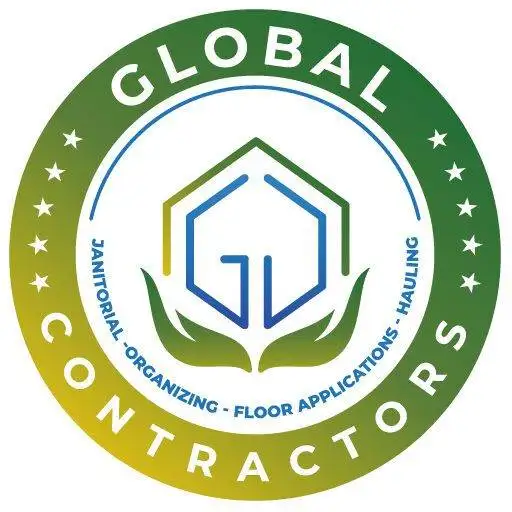You Business or Office 1st Impression and Cleanliness can be a pitfall and loss of revenue, explains Maria as she speaks to several of her commercial clients.
Looking to increase sales for your retail store? Start with the restroom. According to the 2018 Healthy Hand Washing Survey from Bradley Corporation, almost half of Americans say they will definitely or probably spend more money at a business that has clean, well-maintained restrooms. Clean restrooms are also important for getting customers through the door, with 60% of Americans making a conscious decision to visit businesses with nice restrooms.
With the summer travel season around the corner, retail stores are readying for an uptick in business. To keep customers satisfied, spending and returning to a business, it™s important for store managers to understand and implement best practices for restroom maintenance.
A Consistently Clean Restroom
Retail restrooms can become unkempt if a store is short staffed, experiences a sudden increase in foot traffic or staff is unaware that cleanliness issues exist. Store managers can ensure restrooms always look their best by following these best practices:
- Have the right products and tools on hand. It™s difficult to maintain a high standard of cleanliness when the right products and tools aren™t available. Store managers should provide employees with trusted cleaning products that won™t leave streaks or film on glass, mirrors and fixtures. Cleaners should also be tough on grease, grime and soap film, but non-corrosive on restroom surfaces like ceramic, porcelain and stainless steel. Microfiber cleaning cloths are a sustainable choice for stores looking to clean without leaving lint, and customizable cleaning carts ensure that employees have everything they need within reach.
- Educate employees on what to clean and how. Employees should focus on disinfecting high-touch surfaces such as toilets, faucets and door handles. Cleaning should always be done from top to bottom, starting with walls and mirrors, then countertops and then floors. Employees should also work towards the exit to prevent cross contamination of previously cleaned areas.
- Create a cleaning log. Restrooms need to be regularly checked during operating hours for several reasons. Quality checks ensure that faucets and dispensers are functioning and essentials like toilet paper and paper towels are always stocked. Failing to conduct regular restroom maintenance can also lead to costly repairs. For example, if toilets become clogged and aren™t addressed in a timely manner, this may result in expensive plumbing repairs. A cleaning log documents the date and time of restroom cleaning, a list of tasks and the employee responsible for cleaning. This allows management and other employees to track when restrooms were last tidied up and restocked with things like toilet paper, paper towels and soap.
- Install accessories that promote health. When basics like hand soap and paper towels aren™t available, people may forgo hand washing, allowing germs to spread more easily throughout the store. Stores should consider hands-free restroom features like self-flushing toilets and motion-sensor faucets, paper towel dispensers and soap dispensers. Today, there are hybrid soap dispensers available that can seamlessly switch from automatic to manual mode if batteries are running low. This means that hand hygiene is never compromised.
- Listen to your customers. There are numerous places where customers can vent about lapses in cleanliness, including the store™s customer service desk, Yelp and social media platforms. Make sure that you are actively monitoring for complaints and implement changes if you read about maintenance issues that need fixing. The good news is that if your store is properly cleaning its restrooms regularly, these issues should be few and far between.
A Lasting Impression
Restrooms make a memorable impact on customers, and every retail store wants to make the right impression with customers. Store managers should prioritize restroom cleaning to give customers a welcoming restroom experience, reduce long-term maintenance costs and promote ongoing health and well-being.
